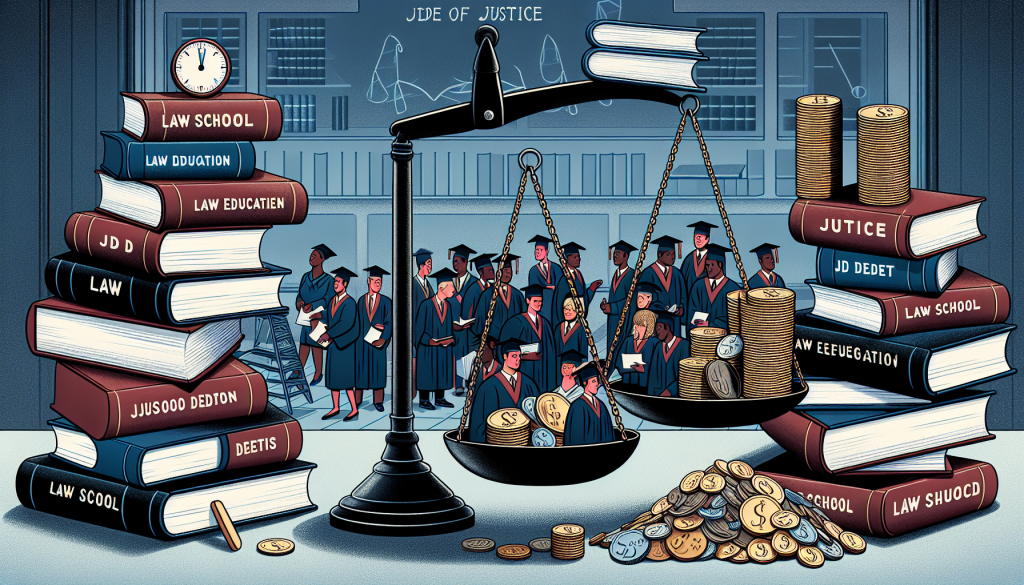
Law School Debt Crisis: Is a JD Still Worth the Investment?
Law School Debt Crisis: Is a JD Still Worth the Investment?
Going to law school has always been a dream for many aspiring lawyers. However, as tuition fees continue to climb and the job market becomes more competitive, many students are now questioning whether obtaining a Juris Doctor (JD) degree is still worth the investment. With the current state of the law school debt crisis, is pursuing a JD still a wise choice?
Law school has always been known for its high tuition fees. According to the American Bar Association, the average tuition for a private law school in the US was around $49,548 in the 2019-2020 academic year. This does not include additional expenses such as textbooks, housing, and other fees. As a result, law school graduates are often left with a hefty amount of debt, making it challenging to pay off their loans and establish financial stability.
Moreover, with the uncertain job market for lawyers, many graduates are struggling to find employment. The National Association for Law Placement (NALP) reported that only 75% of law graduates from the class of 2018 were employed in full-time, long-term positions that require a JD degree. This leaves a significant percentage of law graduates either unemployed or underemployed. With the increasing number of law schools and students graduating each year, the competition for job opportunities has only become fiercer.
Despite these challenges, obtaining a JD degree still holds value and can be a worthwhile investment for some. The most obvious reason is the potential for higher pay. According to the US Bureau of Labor Statistics, the median annual wage for lawyers was $122,960 in May 2019, much higher than the average annual wage of all occupations. With a JD degree, there is also the opportunity to advance to higher positions, such as partner or judge, which typically come with higher salaries.
Moreover, a JD degree can open up various career paths. While most law school graduates go on to become lawyers, there are also other fields where a JD degree is highly valued, such as business, politics, and academia. The analytical, critical thinking, and problem-solving skills learned in law school are transferable and can be applied in different industries. This versatility can be beneficial, especially in a rapidly changing job market.
Furthermore, law school offers more than just a degree. It is a platform for personal and professional growth. Students are exposed to diverse perspectives and develop their skills in legal writing, research, and advocacy. These skills can be valuable in any career and can be applied in various situations, even outside the legal field.
In conclusion, while the law school debt crisis and the challenges of finding employment as a lawyer may be discouraging, obtaining a JD degree can still be a wise investment for those who are passionate about the legal profession and have a clear understanding of the potential risks and rewards. A JD degree offers not only a higher earning potential but also various career paths and personal growth opportunities. Ultimately, the decision to pursue a JD degree depends on individual circumstances and considerations.
So, is a JD still worth the investment? The answer may differ for each person, but what remains certain is that the value of a JD degree goes beyond just financial gain. It is an investment in one’s personal and professional development, which can open up a world of possibilities and opportunities.
